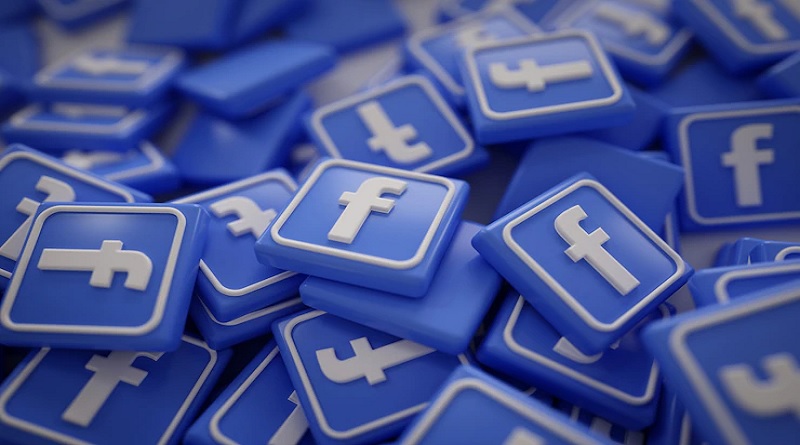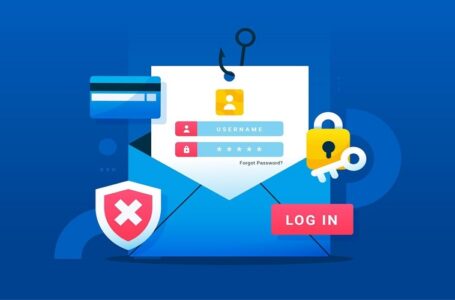RAVER Launches – Revolutionizes Social Media Marketing with AI-Powered Content Creation
Facebook Groups Vs. Pages: The Best Marketing Tool for Startups

Facebook marketing is one of the most efficient and effective ways for startups to connect with their target audience. However, startups can use two different Facebook marketing tools: Groups and Pages.
Is there a difference? You might ask. Absolutely! And I’ll show you why in this article.
While you should have both a Group and a Page for your startup, each tool serves a different purpose in your marketing strategy. And you must make use of your limited resources to get the most out of your marketing efforts.
We’ll explore the key differences between Facebook Groups and Pages, so you can better understand which one to use in your marketing strategy.
What are Facebook Pages?
Facebook Pages are one of the most commonly used tools for businesses and organizations on Facebook. As a business owner, you can use your Page to create and publish content about your business and related things your audience is interested in. It’s similar to having a website where you can showcase your brand and create awareness.
The most powerful feature of Facebook Pages is their ability to reach a large audience. Facebook business Pages often appear in search results, especially when people look for your brand.
It’s a great place to add information about your business like store timings, contact details, etc. You can also add a custom call-to-action button to take your audience directly to the landing page of your website. Your Facebook Page’s CTA can also be customized to call your business, chat with it, or go to your app download page.
A critical reason you need a Facebook Page is to advertise. Facebook advertising is one of the most potent tools for startups to market their products or services, and it’s an especially great way to target a specific audience.
What are Facebook Groups
Your business’s Facebook Page is like a storefront that you can use to market your products or services. However, it’s not great for community-building or engagement.
This is where Facebook Groups come in. Facebook Groups are built for people who share an interest in communicating with each other. It has a host of features that Facebook Pages doesn’t offer that makes it easier for group interactions. We’ll explore these features in-depth in the next section.
Facebook Pages Vs. Groups
Let’s break down the differences between these two Facebook features. As we go through the differences, we’ll also highlight the uses and benefits of each one.
Aesthetics
The first difference between Facebook Groups and Pages is the design.
Facebook Pages have a more professional look and feel to them. They are designed for businesses, brands, and organizations that want a platform to showcase their brand or company.
Facebook Groups, on the other hand, are designed for individuals. If someone stumbles upon a Group page, they might feel like they have been let in on a secret. In private Groups, you can’t see what’s posted and who the members are unless you’re a member. Groups have a different look and feel when compared to Pages.
Content Creation
As the owner of your Facebook Page, you can control what content is posted on your Page. This means that you can control your brand’s message to the world.
However, in Facebook Groups, content creation is user-generated. This means that your group members create most of the content, whether posing a question, sharing something, or leaving comments.
You can control who posts on your Group and add and remove members, but individuals have a lot of freedom to create content.
Search visibility
Google treats Facebook Pages and Facebook Groups differently. When people search your business on Google, your Page will show up as a result. This is an excellent way for more of your branded content to appear as a top search result when people research your company.
However, because the content in Groups is often hidden, it’s not likely for your Group to appear as a top search result. While it’s essential to have a Group on Facebook, you can’t leverage it for SEO reasons.
Advertising
When it comes to advertisements, Pages have a clear advantage over Groups. You need to have a Page to create and run Facebook Ads.
This is a critical tool for startups as it allows you to target a particular audience with your ads and boost sales.
However, with Groups, you aren’t able to run ads. You can share your Groups with others and use them to build organic reach, but you won’t be able to use Facebook’s paid advertising features with just the Group.
Degree of control over followers Vs. members
You get people to ‘follow’ and ‘like’ your business Page and ‘join’ your Group. When you’re trying to build a following, it’s important to remember that anyone can follow or like your Page without being approved by you.
And while you can’t control who follows your Page, you can carefully curate who joins your Group, ensuring that everyone in the Group is interested in the topic. You can even set questions for potential members. And this feature helps you decide whether to approve or deny a member request.
This level of control over Group members is an excellent way to cultivate a highly engaged audience who is eager to consume your content.
Content visibility
One of the biggest criticisms of Facebook is that even if you build large followership, your content isn’t guaranteed to be seen by people who follow you. The Facebook algorithm decides which content is shown in someone’s newsfeed. Studies show that the average post of a Facebook Page post is just 5.2%.
When compared to Pages, you get a greater reach with Groups. Facebook prioritizes content from Groups higher, especially when members engage with the Group a couple of times.
Every time a member or an admin posts content, group members get a notification on their phones or desktop. This type of engagement with the Group can help increase your visibility and even boost sales.
The ability to provide support
You don’t have a huge customer service team if you’re a startup. And providing support to customers can be a full-time job.
With a Facebook Page, you can use the messenger app to provide customer support. You can also create a call-to-action button that connects people directly to your support team.
There are also Facebook bots to help you automate conversations and provide information.
While Groups don’t provide the same kind of support features as Pages, they can be used to provide support differently. Instead of relying on your business alone to help, members can ask questions to a whole community. Group members can answer questions, share, and come up with ideas.
This peer-to-peer support can be beneficial for startups trying to provide excellent customer service with a small team.
Which is the best marketing tool for startups: Facebook Groups or Pages?
The answer to this question depends on your business goals. If you’re looking to build a brand and generate leads, then a Facebook Page is the way to go.
Pages give you more control over the content, which is essential for maintaining a consistent brand message.
However, if you’re looking to create a loyal and engaged audience who will consume your content regularly, Facebook Groups are the way to go.
The level of control you have over members ensures that everyone in the Group is interested in your business. And the content visibility of Groups can help increase your brand reach and sales.
The best marketing tool for startups depends on your specific business needs. However, I do lean towards Groups as a way to build loyalty and drive conversions.
If you have to pick between reaching the masses and having a personalized reach towards a small group of people, always choose the second. Over time and with regular engagement, you’ll win over more customers and grow your business.




